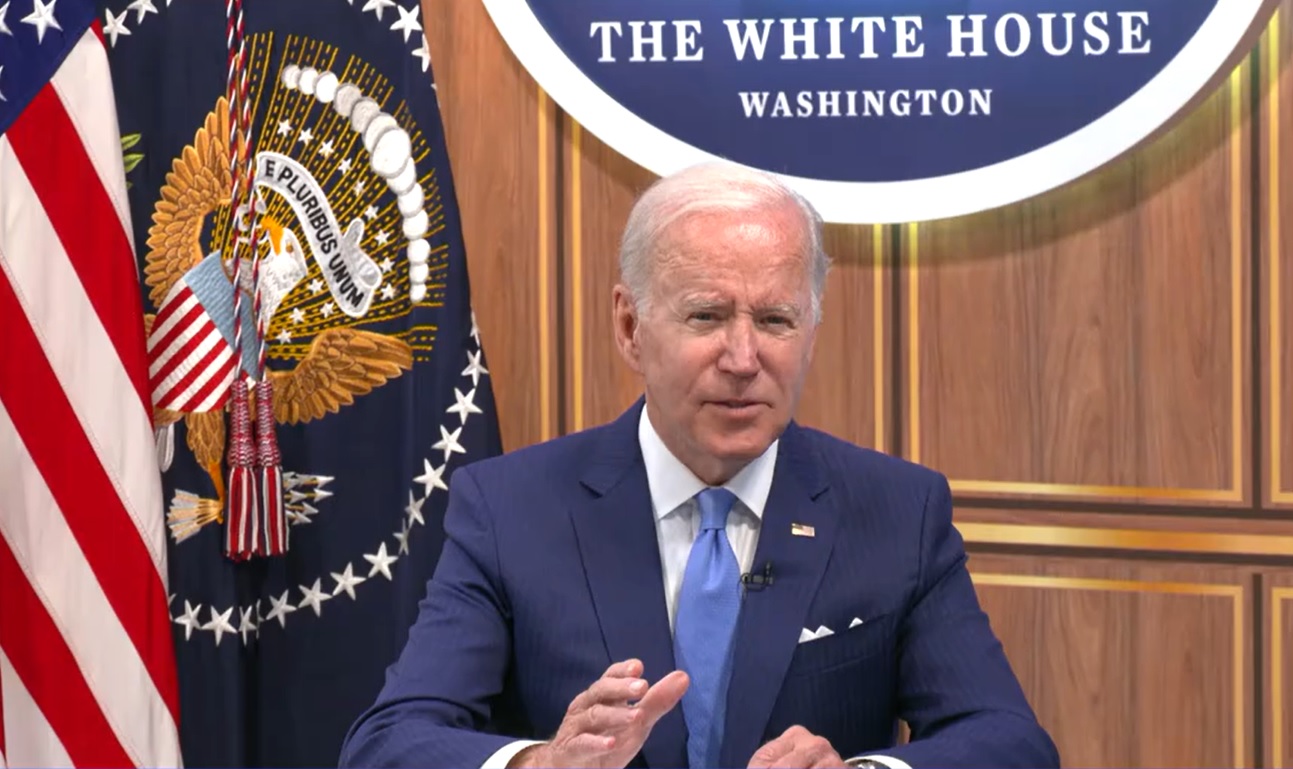Biden Moves to Scale U.S. Solar Capacity, Secure Near-Term Production
The Biden administration announced on Monday a series of moves aimed at ensuring the continued production and deployment of solar panels in the U.S., and to spur the development of long-term domestic solar manufacturing capacity, including extending duty free imports from Southeast Asia for two years, and invoking the Defense Production Act to help reduce reliance on foreign manufacturers and boost U.S. solar competitiveness.
Efforts to transition to clean energy sources has been a major focus for the Biden administration, which announced a series of climate-focused executive actions immediately upon taking office, followed by moves to significantly boost offshore wind capacity, mandate the shift to zero emissions vehicles, and allocate billions to energy transition-focused activities as part of the Bipartisan Infrastructure Law.
The expansion of solar energy capacity forms a major part of the energy transition strategy, with the administration noting that the U.S. is on track to triple domestic solar manufacturing capacity from 7.5 GW currently to 22.5 GW, sufficient to allow more than 3.3 million homes to switch to solar energy each year.
The move to allow duty free imports of solar modules and cells from Cambodia, Malaysia, Thailand, and Vietnam is aimed at resolving one of the key near-term issues threatening to disrupt the continued growth of solar panel deployment, as the availability of parts was under threat from a Commerce Department investigation that may have resulted in the imposition of tariffs. The Southeast Asian countries currently account for roughly three quarters of imported solar modules, making up the vast majority of solar module installations in the U.S.
The administration authorized the Department of Energy (DoE) to use the Defense Production Act in order to accelerate domestic production of solar panel parts, as well as other clean energy technologies including building insulation, heat pumps, clean fuels equipment such as electrolyzers, fuel cells, and platinum group metals (PGMs), and critical power grid infrastructure. The DPA is normally reserved for the needs of national defense, enabling presidential authorities to accelerate the supply of materials from the U.S. industrial base, though it is used frequently by most administrations. In a memo released by the White House on the invocation of the DPA, Biden said:
“I find that action to expand the domestic production capability for solar photovoltaic modules and module components is necessary to avert an industrial resource or critical technology item shortfall that would severely impair national defense capability.”
Other actions announced by the administration to boost domestic solar capacity include federal procurement measures including the development of Master Supply Agreements to accelerate the capability of domestic manufacturers to sell products to the U.S. government, and the application of domestic content standards for federal procurement of solar systems.





